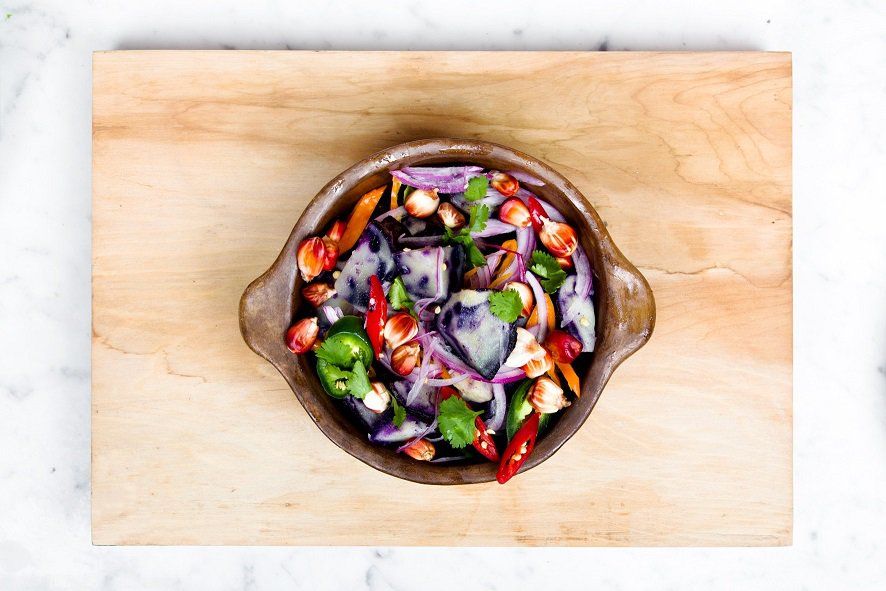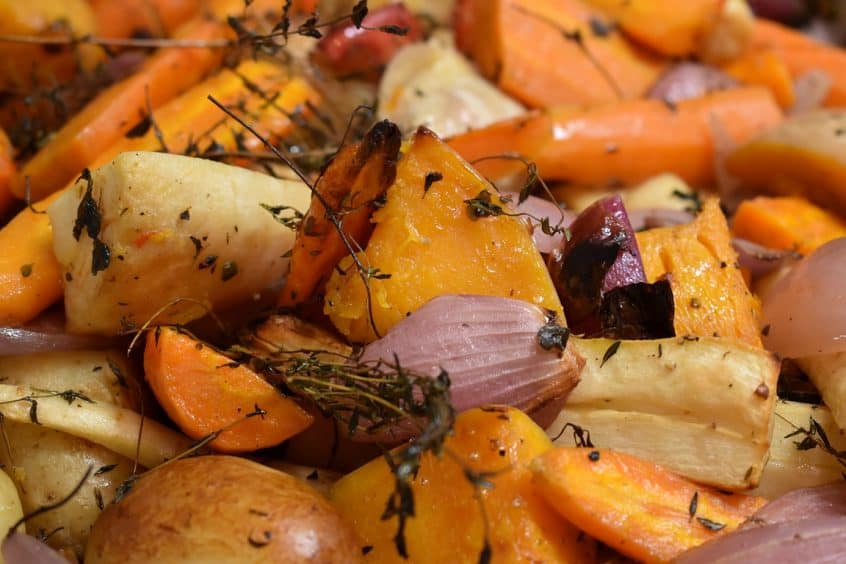Last week was national Vegetarian Week and it’s worth mentioning the real power of eating more vegetables, not just as a way of aiding you to lose weight, but vegetables also have incredible health benefits that you should take seriously.
Vegetables and fruits are an essential source of antioxidants; these are precious substances that protect against cancer and other diseases and slow down the ageing process of all cells. So, you can see that they are pretty important. The good news is you don’t have to be an expert to learn which foods contain antioxidants; there is a very simple guideline: If it’s fresh and colourful, it contains antioxidants.

Most foods containing antioxidants are also typically low GI; for example, sweet potatoes are much lower on the GI than white potatoes and are also rich in antioxidants.
Foods high in antioxidants include the following:
• Carrots
• Broccoli
• Cabbage
• All berries: strawberries, cranberries, etc.
• Peppers (all colours)
• Watercress
• Cauliflower
• Melon
• Spinach
• Peas
• Tomatoes
• Lemons (also very alkaline and cleansing)
Fibre is worth a special mention as it plays such an important part in a healthy diet. Many of the best carbohydrates i.e. vegetables are high in fibre. This valuable nutrient aids transit time, i.e. the time it takes for a food to get from your mouth, have the nutrients extracted and pass out the other end. Slow transit time is a sign of a poor digestive system. You should open your bowels every day, more than once. If you are putting three meals in, it makes sense to expel the remains of three meals. If you are not, then this must be addressed as you will find that when you open your bowels more, you will be losing weight.

Gut Health is the most exciting area of research over recent years, not just with regard to the importance of the right bacteria for weight loss, but we now realise that bacteria are life-saving and life giving. A human body is actually composed of more bacteria than cells. These trillions of bacteria are collectively called microbiome, and most of them live in our gut. They play a huge role not just in gut health, but in overall health.
Microbes have many roles including:
• breakdown otherwise indigestible foods
• provide energy
• break down toxins
• manufacture vitamins /fats and other substances
• run your immune system
• regulate body weight
• control hunger signals
• help regulate/control blood sugar spikes
• control mood – mental health
A healthy diet with natural probiotics and a good intake of digestive enzymes (found in uncooked plants and vegetables) all help to populate maintain and calm the gut. Healthy gut bacteria activate neurons in the brain that produce serotonin.
Prebiotics are less well known and are specialized plant fibres that nourish the existing gut bacteria. Whilst probiotics populate the gut with new bacteria, prebiotics feed them and sustain them. In this way they are equally as important for gut and brain health.
Fibrous vegetables contain prebiotics so that’s a very good reason to up your intake daily. Your gut flora need to be fed to keep them happy. Think of fibre as a Michelin star meal for you bacteria. This is one of the key reasons that I recommend at least 7 portions of vegetables and fruit per day.
The top choices for probiotic and prebiotic vegetables are:
• Sauerkraut – fermented cabbage (or other vegetables)
• Pickles
• Kimchi – Asian version of sauerkraut
• Chicory root – rich in INULIN a favoured prebiotic
• Bananas (slightly under ripe)
• Asparagus
• Garlic (better raw)
• Onions
• Leeks
• Dandelion root (can be used in salads) & most other roots
• Jerusalem artichoke
• Carrots
• Leeks
• Apples




